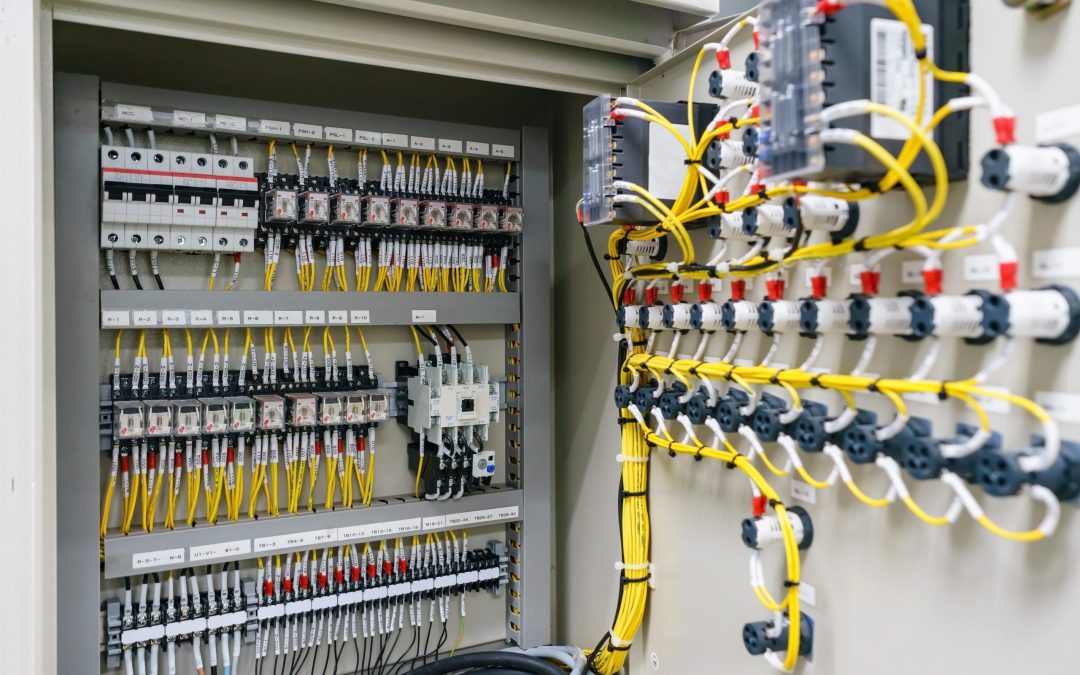Introduction
Electricity is a fundamental part of modern life, powering industries, homes, healthcare systems, and communication networks. However, power shortages continue to be a global issue, disrupting daily activities and causing significant economic, social, and environmental consequences. Whether caused by infrastructure failures, natural disasters, or energy supply constraints, these shortages can have severe short- and long-term effects. This article explores the major impacts of power shortages and highlights the need for sustainable energy solutions.
1. Economic Effects
Power shortages disrupt businesses, factories, and offices, leading to significant financial losses. Industries that rely on electricity, such as manufacturing, IT, and service sectors, experience productivity losses as work slows down or completely stops. This disruption negatively impacts economic growth and can lead to job losses if businesses cannot sustain operations. Additionally, companies may be forced to invest in costly backup power solutions like generators, increasing their operational expenses and reducing overall profitability.
2. Social and Daily Life Impacts
Electricity is an essential part of daily life, and power shortages can lead to widespread inconvenience. Communication systems, including the internet, phone networks, and broadcasting services, may be disrupted, affecting both personal and professional interactions. At home, people may struggle with a lack of lighting, heating, cooling, and the inability to use essential electrical appliances. Transportation systems also suffer, as traffic lights may stop functioning, train services can be disrupted, and electric vehicles may become inoperable, leading to congestion and accidents.
3. Health and Safety Risks
Power shortages pose serious risks to healthcare and public safety. Hospitals and medical facilities rely on electricity to power life-saving equipment like ventilators, incubators, and dialysis machines. Without backup generators, patients’ lives can be at risk. Additionally, prolonged power outages can lead to increased crime rates, as darkness provides cover for theft and other illegal activities. Food and water shortages are also a major concern, as refrigeration systems fail, causing food to spoil, and water pumps stop working, limiting access to clean drinking water.
4. Environmental Effects
Frequent power shortages can have negative environmental consequences. Many businesses and households resort to using diesel generators, which contribute to increased air pollution and greenhouse gas emissions. This reliance on fossil fuel-powered generators not only harms the environment but also increases energy costs. Moreover, power shortages can impact water treatment plants, leading to a decline in water quality and potential health risks for communities that depend on clean and treated water.
5. Long-Term Infrastructure Damage
Repeated power shortages can cause long-term damage to infrastructure. Sudden power cuts and surges can harm electrical appliances, machinery, and industrial equipment, leading to costly repairs or replacements. In addition, a weakened power grid that experiences frequent blackouts signals deeper infrastructure issues. Addressing these problems requires significant investment in upgrading and maintaining power distribution systems, which can be expensive for governments and utility companies.
Conclusion
Power shortages have widespread effects, touching nearly every aspect of modern life. From economic slowdowns and daily inconveniences to health risks and environmental damage, prolonged electricity disruptions create serious challenges. To mitigate these effects, governments and businesses must invest in better energy infrastructure, alternative energy sources, and backup solutions to ensure a stable and reliable power supply. Addressing these issues will help societies reduce the impact of power shortages and ensure a more sustainable and resilient energy future.

